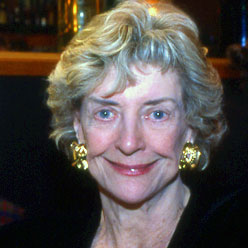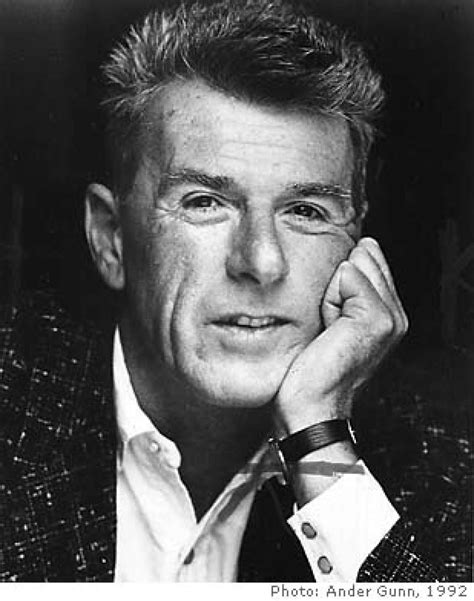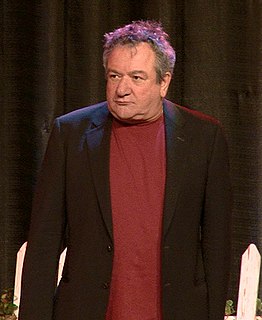A Quote by Carolyn Kizer
I began writing poems when I was about eight, with a heavy assist from my mother. She read me Arthur Waley's translations and Whitman and Robinson Jeffers, who have been lifelong influences on me. My father read Keats to me, and then he read more Keats while I was lying on the sofa struggling with asthma.
Related Quotes
Jenny Offill's Dept. of Speculation resembles no book I've read before. If I tell you that it's funny, and moving, and true; that it's as compact and mysterious as a neutron; that it tells a profound story of love and parenthood while invoking (among others) Keats, Kafka, Einstein, Russian cosmonauts, and advice for the housewife of 1896, will you please simply believe me, and read it?
My mother lived her life through movies and books - she read everything there was to read. And she read to me every night. I never went to sleep without her reading to me. And she fantasized about the book and she would talk about it, the place, and you would think that after she read the book and after she told you stories about it, that she had actually been there. I learned about story from her, and I learned the value of a great story, and the value of great characters.
I read everything. I'll read a John Grisham novel, I'll sit and read a whole book of poems by Maya Angelou, or I'll just read some Mary Oliver - this is a book that was given to me for Christmas. No particular genre. And I read in French, and I read in German, and I read in English. I love to see how other people use language.
I suppose she chose me because she knew my name; as I read the alphabet a faint line appeared between her eyebrows, and after making me read most of My First Reader and the stock-market quotations from The Mobile Register aloud, she discovered that I was literate and looked at me with more than faint distaste. Miss Caroline told me to tell my father not to teach me any more, it would interfere with my reading.
I always thought my father [influenced me most] because he was so well read, I tried to model myself on him, but really as I go through life I realise it was my mother who gave me the most valuable instructions. I didn't understand or accept it at the time. She taught me to read and to pray - two things that have really stayed with me.






































